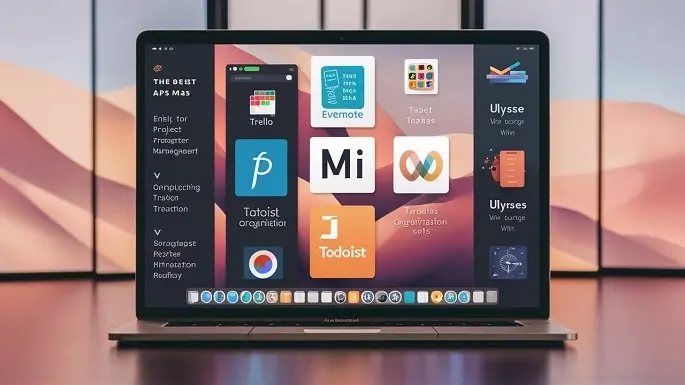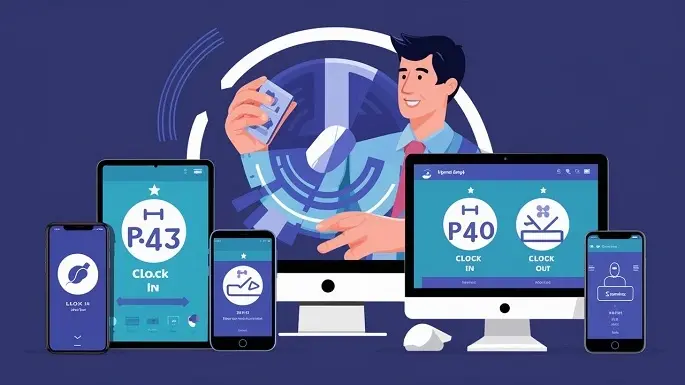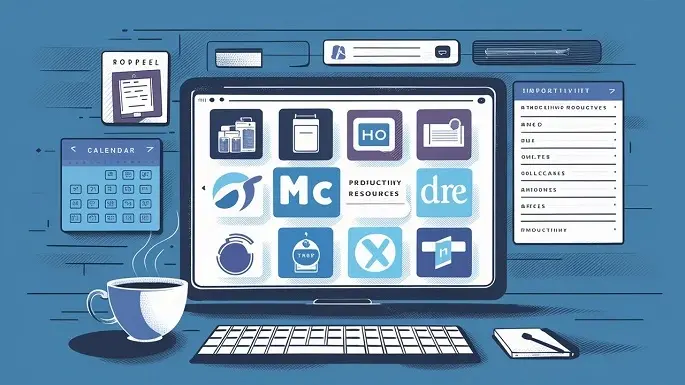Time is a valuable resource, and maximizing productivity is essential for success in any endeavor. Thankfully, the power of time-tracking software can revolutionize the way we manage our tasks, projects, and ultimately our lives. From enhancing project management to improving work efficiency, this blog will dive into the factual data surrounding the benefits of using time-tracking software and how it can unleash your full potential. Get ready to take control of your time and supercharge your productivity!
The benefits of using time-tracking software
1. Increased productivity: Time-tracking software helps individuals and businesses stay focused and productive by providing a clear understanding of how time is being spent. By monitoring tasks and projects, employees can identify and eliminate time-wasting activities, leading to improved efficiency and output.
2. Accurate billing and invoicing: For freelancers and service-based businesses, accurate time tracking is crucial for billing clients correctly. Time tracking software ensures that hours worked on specific projects are accurately recorded, leading to more precise invoices and ultimately, better cash flow.
3. Effective project management: Time tracking software allows project managers to monitor the progress of different tasks and allocate resources accordingly. By analyzing time data, project managers can identify potential bottlenecks, assign additional resources when required, and make informed decisions to keep projects on track.
4. Enhanced transparency and accountability: Time tracking software promotes transparency within teams and organizations, as it provides insight into how much time is being dedicated to different tasks and projects. This transparency fosters a sense of accountability among team members, encouraging them to manage their time more effectively and meet deadlines.
5. Improved work-life balance: By accurately tracking time spent on various activities, individuals can gain a better understanding of their work-life balance. This insight allows them to identify areas where they may be overworking and make adjustments to achieve a healthier balance between work and personal life.
6. Enhanced resource allocation: Time tracking software provides valuable data on how resources, such as employees' time and effort, are being allocated across different projects. This information enables businesses to optimize resource allocation, ensuring that the right people are assigned to the right tasks, thus maximizing efficiency and productivity.
7. Data-driven decision-making: Time-tracking software generates valuable data that can be analyzed to identify trends and patterns. By studying how time is spent on various activities, businesses can make data-driven decisions regarding process improvements, better resource allocation, and even employee training and development.
8. Streamlined payroll processes: For businesses with hourly employees, time-tracking software simplifies the payroll process. Accurate time data eliminates the need for manual timekeeping and reduces the chances of errors, ensuring that employees are paid for the exact hours worked.
9. Cost analysis and budgeting: Time tracking software enables businesses to analyze project costs more accurately. By tracking time spent on specific tasks and projects, companies can compare actual versus estimated time and expenses, facilitating better cost analysis and budgeting for future projects.
How to choose the right time-tracking software for your needs?
When it comes to selecting the right time-tracking software for your needs, there are a few key factors to consider. The right software can greatly enhance productivity, accuracy, and efficiency in managing time-based tasks. Here are some tips to help you choose the best time-tracking software:
1. Define your requirements: Start by identifying your specific needs and goals. Do you want a basic time-tracking tool or a more advanced solution that offers features like project management and invoicing? Consider factors such as the number of users, integration requirements, and scalability.
2. User-friendly interface: Look for software with an intuitive and user-friendly interface. The best time-tracking software is designed with simplicity in mind, making it easy for team members to log their time effortlessly. Avoid complicated and clunky interfaces that could lead to a steep learning curve.
3. Compatibility and integration: Ensure that the software seamlessly integrates with the tools and systems you already use. Whether it's project management software, calendar apps, or accounting tools, compatibility, and integration are vital for efficient workflow.
4. Mobile accessibility: In today's fast-paced world, having a time tracking software that works across multiple devices is crucial. Look for software that offers mobile apps, allowing employees to track time on the go and managers to monitor progress remotely.
5. Reporting and analytics: Comprehensive reporting and analytics features enable you to gain insights into your team's performance and make informed decisions. Look for software that provides a variety of customizable reports and visualizations to help you analyze data effectively.
6. Flexibility and customization: Every business has unique requirements. Ensure that the software you choose is flexible and customizable to adapt to your specific needs. Look for features like customizable timesheets, billing rates, and the ability to define different project workflows.
7. Scalability and support: Consider the future growth of your business. Will the software be able to handle an increasing number of users and projects? Look for software providers that offer scalable plans and reliable customer support to cater to your evolving needs.
8. Security and data protection: Your time tracking software will contain sensitive information, such as employee data and project details. Ensure that the software provider implements robust security measures and follows industry best practices to protect your data from unauthorized access or breaches.
9. Pricing: Finally, consider your budget and the value for money offered by the software. While cost is important, remember that investing in reliable and feature-rich time-tracking software can lead to significant time and cost savings in the long run.
Tips for maximizing the power of time-tracking software
1. Set clear goals and priorities: Before using time-tracking software, it is important to clearly define your goals and priorities. This will help you stay focused and ensure that your time is spent on the tasks that are most important.
2. Use categories and tags: Categorize your tasks and projects using categories and tags in the software. This will enable you to easily track and analyze how much time is being spent on different types of activities.
3. Regularly update and review: Make it a habit to regularly update and review your time-tracking records. This will help you stay aware of how you are spending your time and make adjustments if necessary.
4. Utilize alerts and reminders: Time tracking software often offers the option to set alerts and reminders. Take advantage of these features to keep yourself on track and ensure that tasks are completed on time.
5. Analyze reports and make improvements: Make use of the reporting capabilities in the software to analyze your time usage patterns. Identify any inefficiencies or areas for improvement and make necessary adjustments.
6. Integrate with project management tools: If you are using project management tools alongside your time tracking software, make sure to integrate the two. This will allow for a more comprehensive picture of your time spent on different projects and tasks.
Time Tracking Software – The One-Stop Solution for your organizations
Time-tracking software is a one-stop solution that can greatly benefit organizations of all sizes. With this software, businesses can effectively manage their time and improve productivity. The software provides a centralized platform where employees can easily track and record the time they spend on various tasks and projects. By accurately documenting time spent, organizations gain valuable insights into how their resources are being utilized. This data can be used to streamline processes, allocate resources more effectively, and make informed decisions. Additionally, time-tracking software offers features like real-time reporting, task management, and project tracking, ensuring that projects are completed on time and within budget. With its user-friendly interface and customizable features, time-tracking software is truly a game-changer for organizations seeking to boost their productivity and efficiency.
Contact us for Time Tracking Software now!


